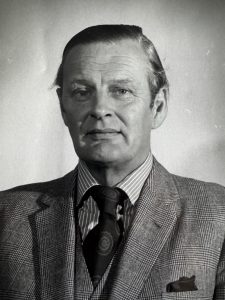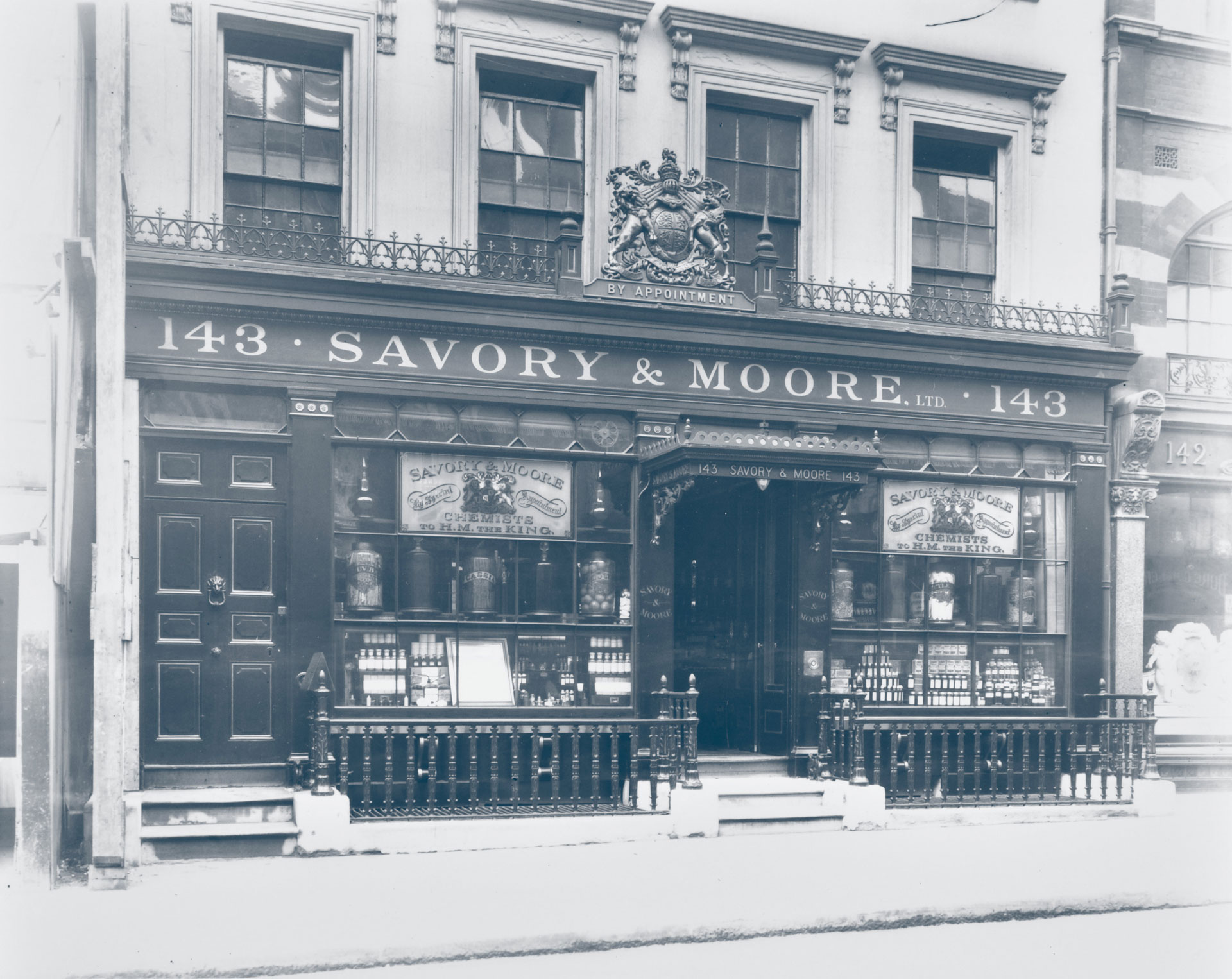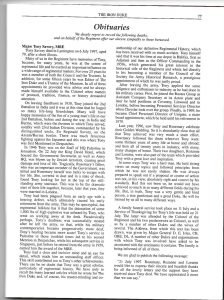-
Place of Death
Lymington, Hampshire
Anthony (‘Tony’) Charles Sutherland Savory was the eldest child of Charles Harley and Aileen Savory, bon on Oak Apple Day, 29th May 1916.
Like his father, Tony wished to join the Royal Navy and, also like his father, he failed the Dartmouth entrance examination. However,
“On the staff of Gieves Ltd (the Naval tailors) was a little man who did more to recruit suitable material for Pangbourne than any Preparatory School Headmaster. His approach was simple and direct. At the conclusion of Dartmouth Exams, all candidates were guests of Gieves Ltd at a tea party in the Hotel Russel where fittings of uniforms were carried out. It was the habit of this man, Mr Kingston, to approach parents and suggest to them in the unlikely event of their son not qualifying for Dartmouth, there was an excellent establishment fulfilling a similar role, at Pangbourne, and, just by chance, he had a prospectus and entry form, should they be needed.” (Extract from Old Pangbournian magazine)
By this means, Tony Savory found himself at the Nautical College, Pangbourne (now Pangbourne College), having undertaken no interview nor examination, other than that for Dartmouth.
From Pangbourne he went to the R.M.C. Sandhurst and in due course was commissioned into the Duke of Wellington’s Regiment, joining the 1st Battalion in January 1938. Within a few months he was posted to the 2nd Battalion, then stationed in Multan, a very hot place located between Karachi and Lahore on the edge of the Sindh Desert.
He served in Burma with 23rd Indian Division (mentioned in despatches), H.Q. Palestine (mentioned in despatches), Egypt, Germany and Singapore (M.B.E. – Member of the Most Excellent Order of the British Empire). He was also Adjutant of the 1st Battalion in 1951/52 and later commanded the Regimental Depot.
From a relatively early age, Tony suffered deafness. He was seen by a Harley Street E.N.T. specialist even before he went to Sandhurst. At the time (about 1936) there was no cure. All he was told was that his hearing would get steadily worse. This diagnosis proved to be correct to the extend that by 1958, aged 40, he had to wear a hearing aid. With such a handicap his career in the army was limited. When therefore the War Department introduced the ‘golden bowler’ scheme, he accepted and retired from the army in 1959.
He joined the Rootes Group and while with its Scottish factory, met an outstanding E.N.T. surgeon who, in 1967, carried out a successful operation on his left ear. After 10 years with the Rootes Group, he moved to Unigate Ltd for most of the ties as Chief Personnel Executive. After retirement in 1979, he was appointed a non-executive director of F.M.C. Ltd.
He always maintained close ties with his old regiment and was a member of the Regimental Council and would edit the regimental magazine Iron Duke. He was also a member of The Council of the Society for Army Historical Research.
He married Rosemary Patricia Anne Walsh, on 7th December 1946 at the Holy Trinity Church, Brompton, London. They had met in Palestine where she was employed in the Secretariat. Her father was Geoffrey Walsh, CMG, CBE, who was killed in 1946 along with 90 others, when Jewish terrorists blew up part of the King David Hotel in Jerusalem, which housed some of the offices of the Government of Palestine. He was at that time Economic Adviser to the Government of Palestine.
Tony and Rosemary had two daughters, Rozanne Barbara and Loraine Mary.



